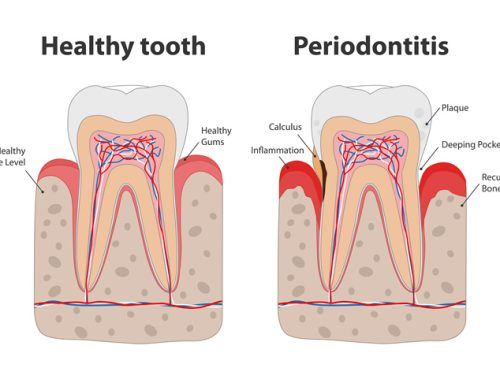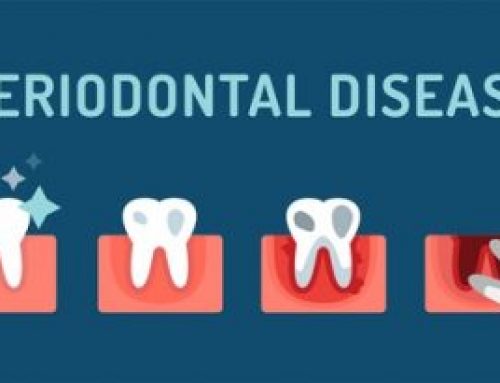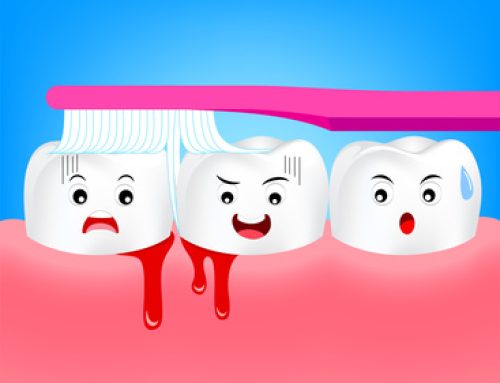 Gum disease, often referred to as periodontal disease is an inflammation of the gum line that holds your teeth together. If left untreated, gum disease can eventually progress to infect the bone structure of your teeth which could even cause tooth loss in severe cases.
Gum disease, often referred to as periodontal disease is an inflammation of the gum line that holds your teeth together. If left untreated, gum disease can eventually progress to infect the bone structure of your teeth which could even cause tooth loss in severe cases.
Periodontal disease is usually a result of poor oral hygiene habits that allow an excessive amount of plaque to accumulate on your teeth. For this reason, it is crucial to brush and floss daily and schedule regular dental checkups. If you notice any discomfort in your gums such as soreness, tenderness or bleeding, contact your dentist immediately.
Causes of Gum Disease
Our mouths are full of bacteria that constantly form what is called “plaque”. Daily brushing and flossing help remove the plaque before it progresses into a substance called tartar. Once your teeth have tartar, you will not be able to remove it from brushing and flossing. At this point, you will need to schedule a trip to your local dentist office for a cleaning.
In addition to poor oral hygiene, there are several other risk factors for gum disease such as genetics, certain medications, stress and fluctuating hormones. Smoking is perhaps one of the largest risk factors yet can easily be avoided by abstaining from tobacco. So if you are a smoker, now is the time to quit. Whats worse is that smoking can also lessen the effects of any treatment for gum disease.
What are the Symptoms of Gum Disease?
- Chronic bad breath or bad taste in the mouth
- Red or swollen gums
- Bleeding gums
- Pain or extreme sensitivity to hot and cold temperatures
- Loose teeth
- Receding gum line
If you are experiencing any of the above symptoms, schedule a dental exam to determine if you have gum disease. If you are diagnosed with periodontal disease, an earlier dental visit can prevent it from progressing into more severe stages of the disease.
What is the treatment for gum disease?
Treatment will vary, depending on the severity of the disease. However, the success of treatment relies heavily on the dental patient maintaining good oral hygiene at home and making certain lifestyle changes such as quitting smoking.
There are three stages of gum disease:
Gingivitis – The earliest stage of periodontal disease causing inflammation, bleeding or swelling. At this stage of gum disease, treatment is often successful and the bone structure of your teeth has not been affected yet.
Periodontitis – At this stage, the bone structure is irreversibly damaged allowing plaque to build up below the gum line. Professional periodontal treatment and an improvement in oral hygiene habits will typically prevent any further damage.
Advanced Periodontitis – At this point, the fibers and bone of your teeth are deteriorating, resulting in loose teeth or shifting of the teeth. Aggressive dental treatments might help to save your teeth, otherwise, they may need to be removed.
Schedule a Visit with a Shelby Twp. Dentist
In addition to brushing and flossing daily, you should schedule routine cleanings and exams from a local dental professional.
If you are looking for a new dental office to call home in Shelby Township, Michigan, contact HPS dental today at: (248) 652-0024.



